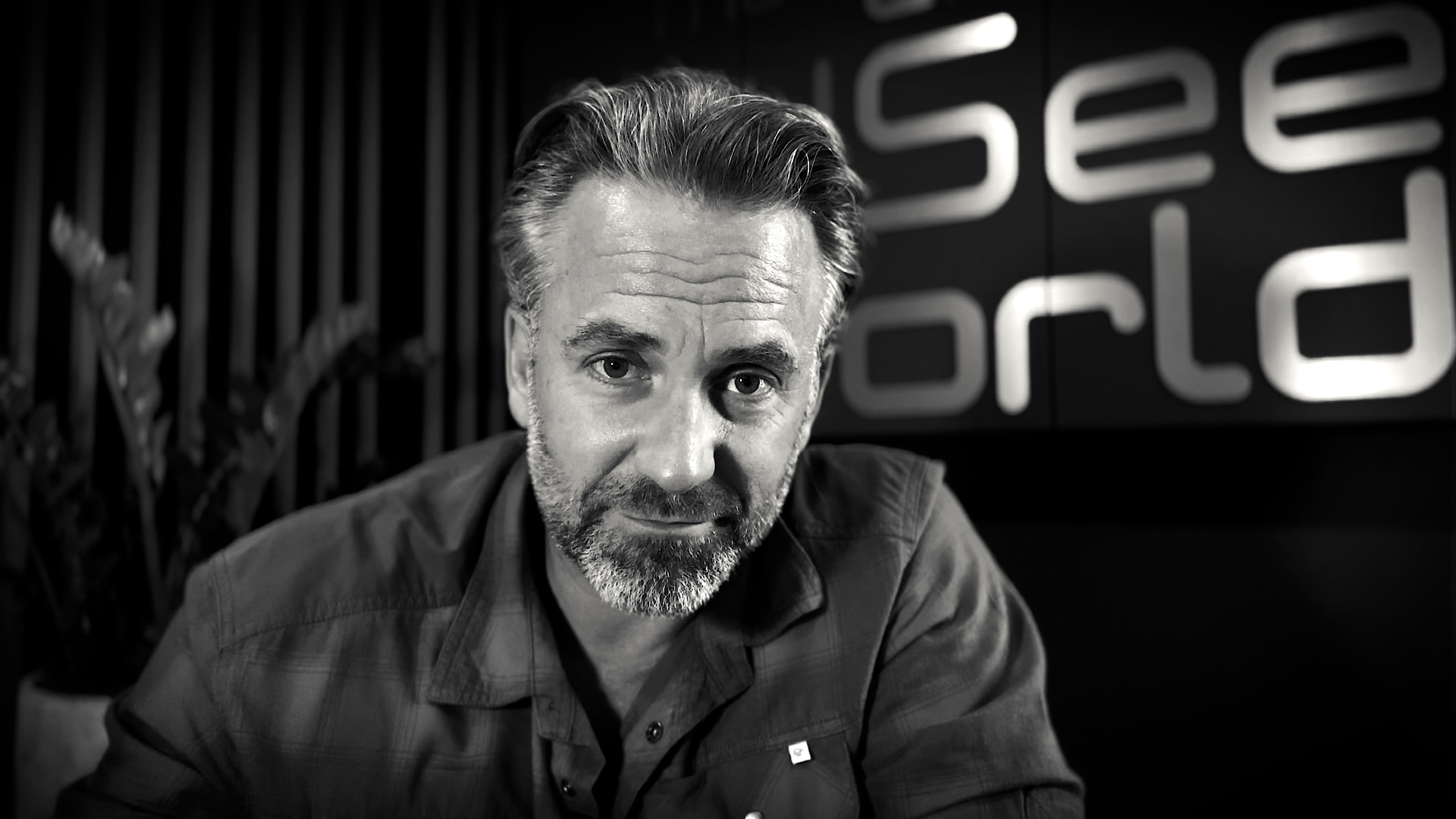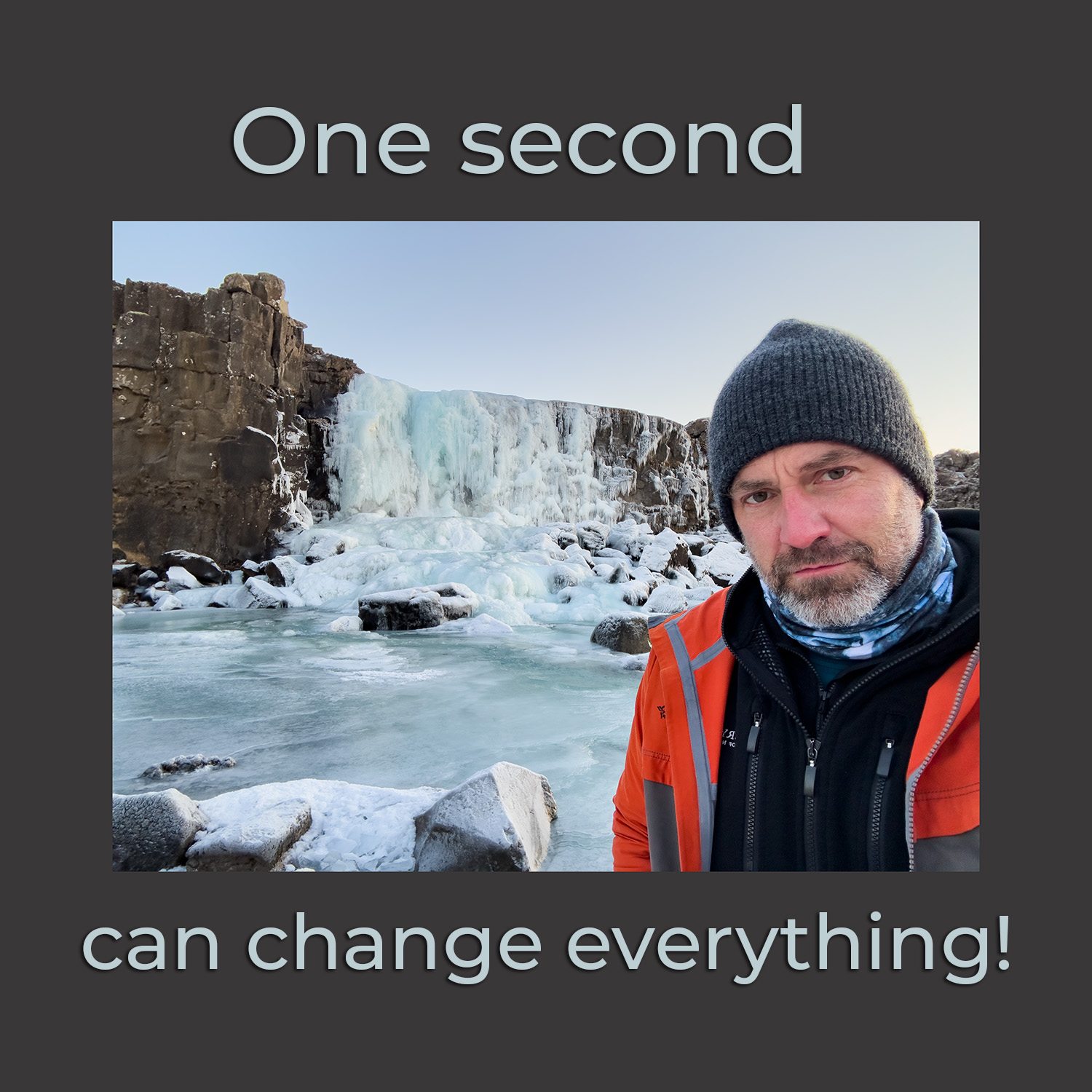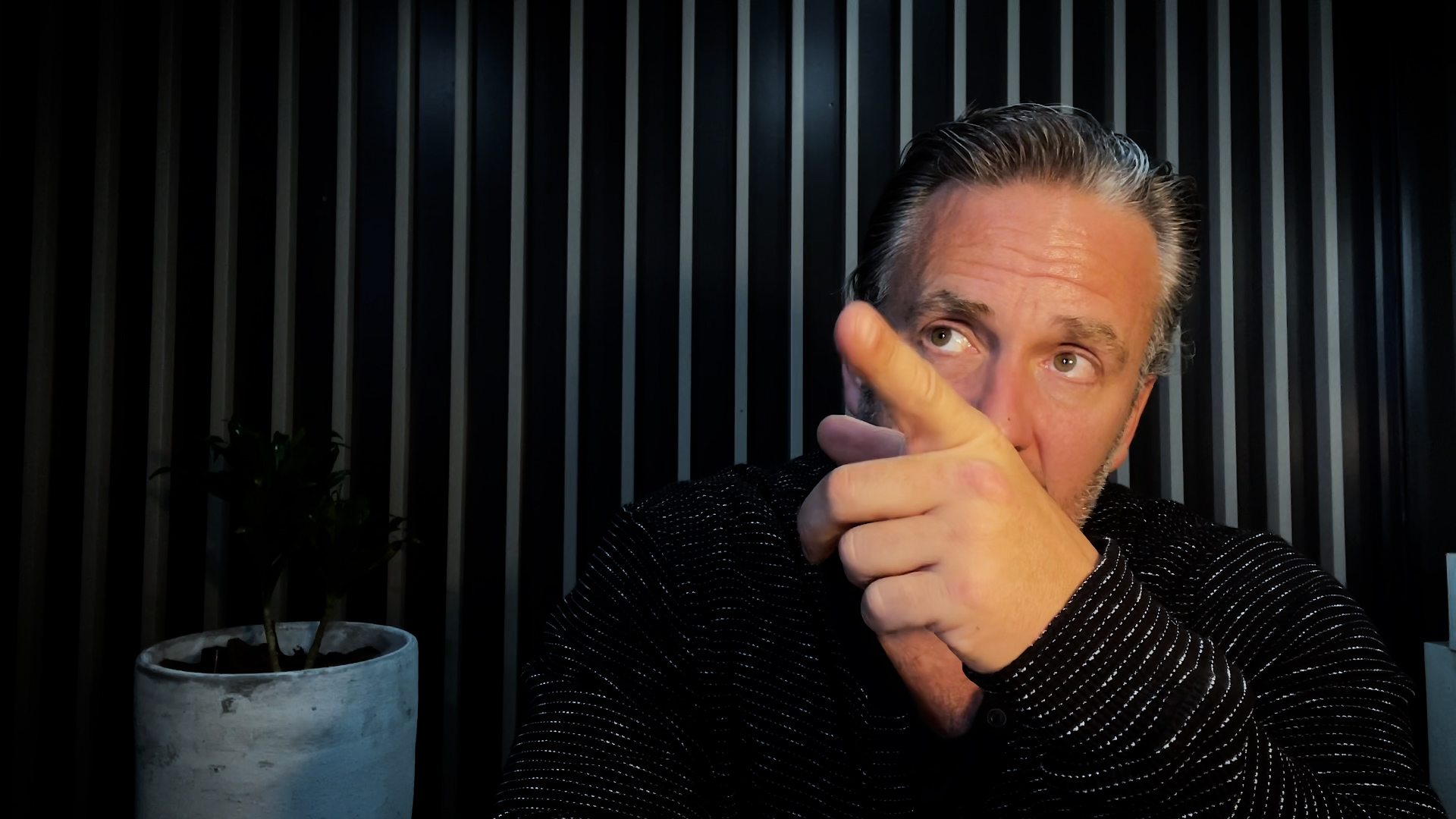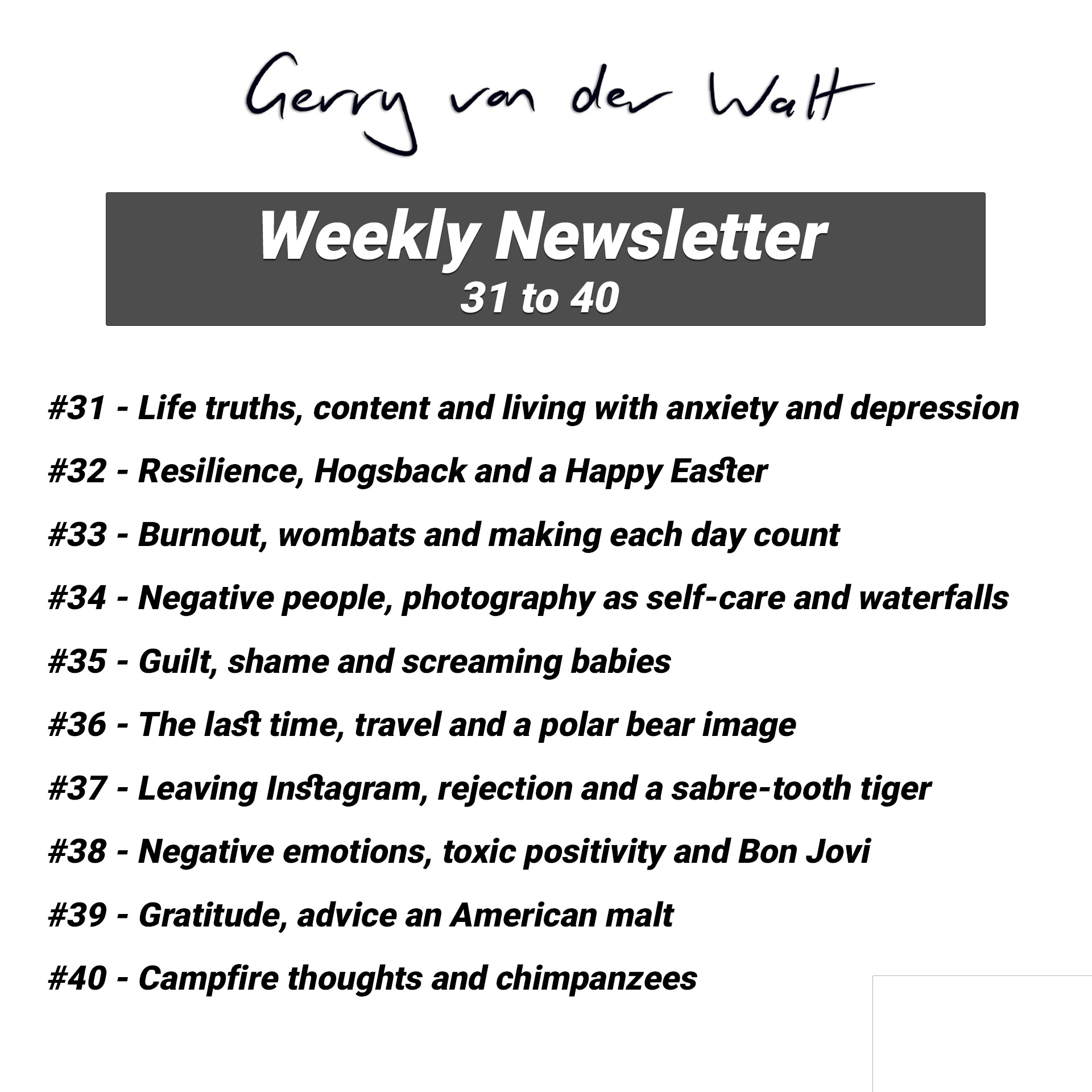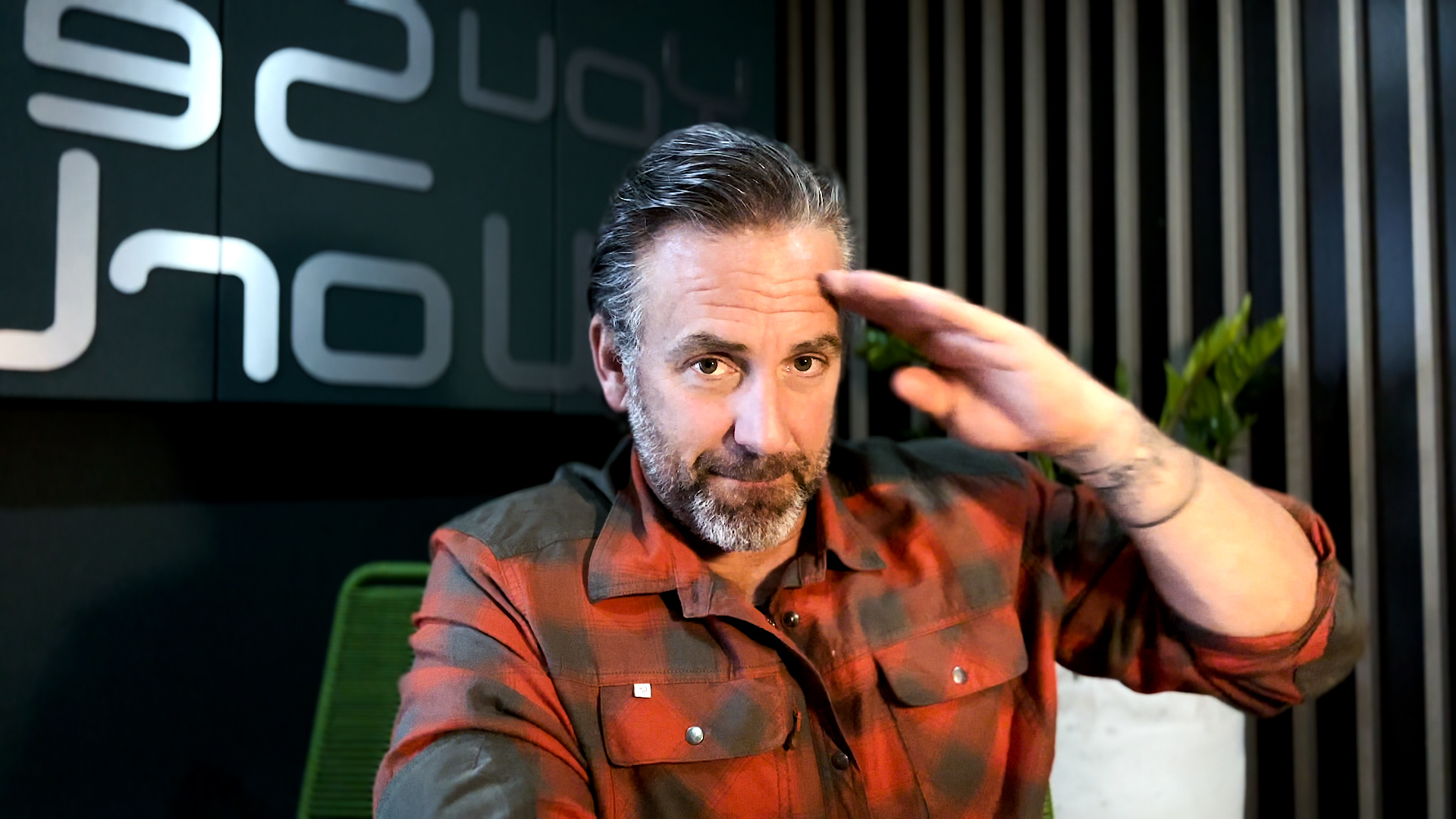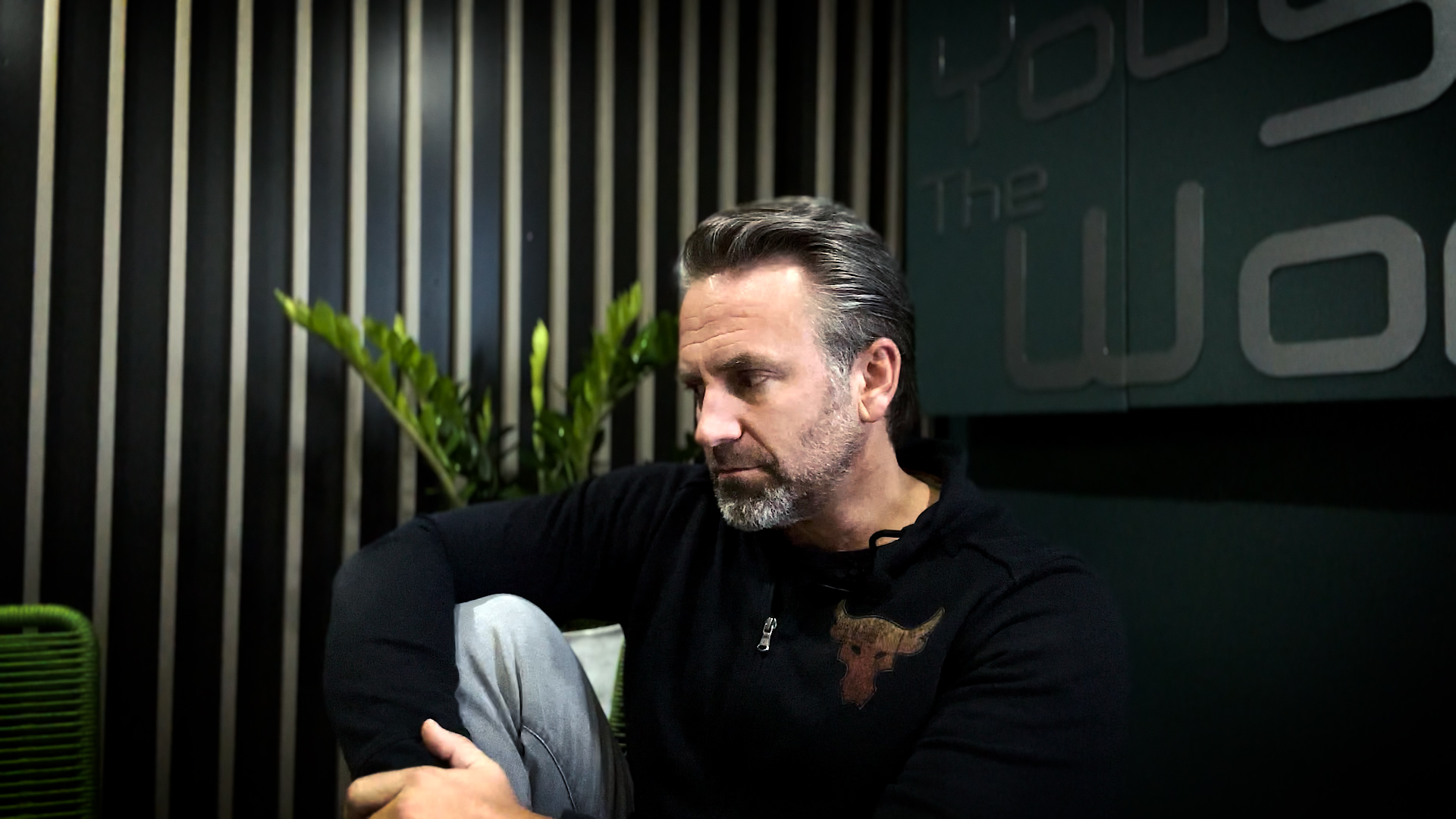Positivity is supposed to be positive.
Right?
Unfortunately, as with anything in life, positivity pushed to an extreme, pushed onto others or forced onto yourself, can become toxic. Very toxic.
Taken to an extreme, positivity robs us of the necessary emotions we need to sometimes wrestle with in order to grow. It makes us hide our true feelings and hide behind ‘good vibes only’.
It leaves us in a place where we even start feeling shame and guilt for showing how we truly feel. And feeling how we truly feel.
Toxic positivity is a dysfunctional approach to emotional management that happens when people do not fully acknowledge negative emotions in others (or themselves) such as anxiety, stress, anger or sadness.
Toxic positivity can, when left unacknowledged, very easily turn into positive toxicity. This is something that, especially in a post-covid world and the workplace, is unfortunately a reality for many people.
“Don’t be so negative.”
“Failure it not an option.”
“Just get over it.”
“It is what it is.”
“You have so much to be happy for.”
“Don’t be so sensitive.”
“Harden up.”
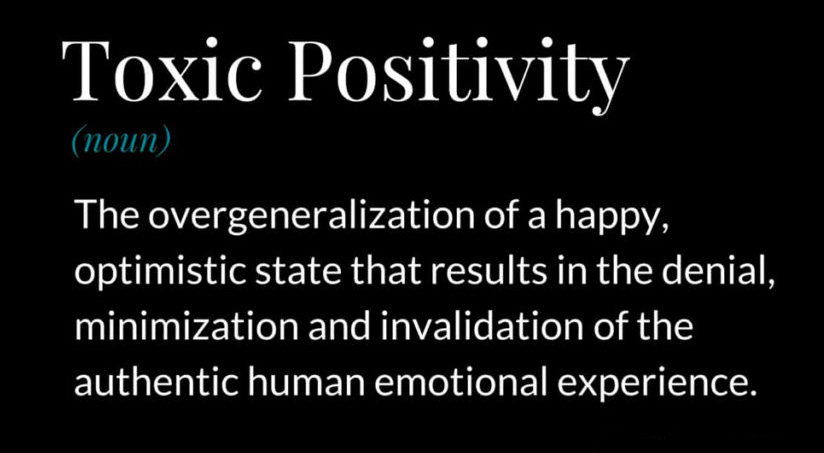
The invalidation of the authentic human emotional experience.
There is so much in that sentence and to me there are two different versions of of how it can manifest in the real world.
Some people, due to various reasons and often due to pressure from the outside world, do not validate their own emotional experience. They deny their true feelings. They try to ignore it. They try to hide from it. They overcompensate for difficult, negative and challenging emotions by showing the outside world the polar opposite. This is not sustainable and will slowly kill you from the inside.
On the flip side, human emotions often get invalidated in a group setting which can result in the individual hiding their emotions and feelings even more in order not to rock the boat or draw unwanted, toxic attention to themselves.
School, family, friends, social media and the workplace. These are just a few of the places where toxic positivity has become increasingly prevalent.

Whether self imposed, from friends, family or in the workplace, toxic positivity is extremely damaging to a person’s mental health as it invalidates the individuals subjective experience.
In the workplace, where people spend a large majority of their time, this invalidation of a person’s subjective experience and emotions is very similar to gaslighting.
Some signs of gaslighting at work, which is a very small step away from toxic positivity include the following:
You hear constant negative accounts of your performance.
(Just do your work and be better.)
You hear someone publicly say negative things about you.
(Don’t be so sensitive.)
You find yourself questioning your perception of reality at work.
(You have so much to be happy for.)
Your emotions, efforts, or perceptions are belittled.
(Don’t be so negative.)
You are expected to always compartmentalise your emotions.
(Leave those negative emotions at home.)
Another place where we spend a lot of time and that’s also rife with toxic positivity is social media. Coincidentally, this is one of the reasons why I’m stepping away from Instagram.
Living your best life, the deep-seated need for validation and virality, shallow engagement. These things aren’t good for us especially if you’re not secure with who you are, have a lack of self confidence or struggle with anxiety.
Toxic positivity is real, very real, and it’s not nice being gaslit, invalidated, and shamed for your painful emotions or experiences but there are a few things you can start doing to help you cope.
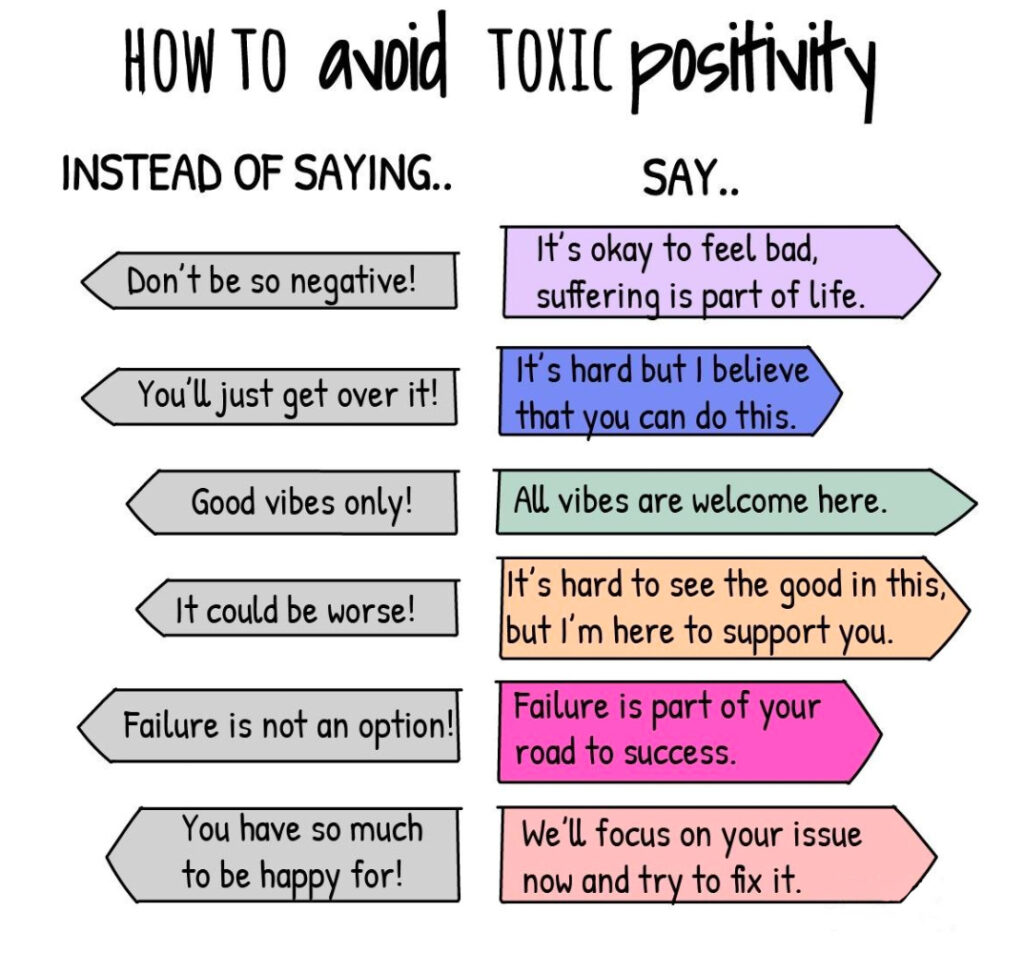
The first thing to remember, and remind yourself of, is that it’s normal to experience negative situations or negative emotions. You’re allowed to be human and feel angry, frustrated, anxious, sad, jealous or insecure.
Secondly, know that toxic positivity comes from fear. It’s empowering to know, when you have a moment’s emotional space, where people’s deeper causes and actions comes from and it’s normally from fear and powerlessness.
An important part of dealing with this is to find someone to hold space for you. Toxic positivity doesn’t hold space because it’s too busy running from, or trying to get away from anything negative. Holding space for someone means you’re giving them a safe space to, emotionally, be exactly who you are and to share your feelings in an open and totally judgement free way. Whether a close friend, family member, therapist, mentor or coach, finding someone to hold space for you is a must.
Being overwhelmed by forced positivity can make you feel like there’s something ‘wrong’ with you and can make you feel very isolated. When this happens it’s important to take care of yourself – yes, self care matters.
Bottom line, it’s okay to be not okay.
It’s okay to feel negative emotions and wrestle with it. It’s normal.
You’re allowed to feel a certain way about feelings, situations and emotions.
Again, it’s okay to be not okay.
One more thing. If by chance you recognise yourself in all this and you’re the one who is trying to push toxic positivity onto people here are a few things you could think about.
Have a good, hard look at yourself, speak to someone if you need to, and figure out what you’re struggling with, what ideologies you’re pushing onto others and what you could do from your side to make a change.
Understand that negativity and conflict can actually be good thing and a place from which you get to know people better and grow as a person. Learning to embrace conflict, rather than trying to fight it with forced, toxic positivity.
Find someone to hold space for you because you’re going to need a space in which to work on and through your own pain as well as run towards negative feelings rather than running away from it or masking it with fake, toxic positivity.
Toxic positivity is a very easy trap to fall into so when you’re faced it remember that having negative emotions and feelings is healthy. It’s normal. It’s human.
One last time… it’ okay to be not okay.



